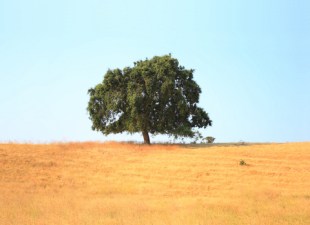What is the thing called ‘getting older’? What is it we really want to slow down when we look in the mirror? Put simply, aging is a process of change, progressively taking on the characteristics of those who are older and shedding many of those that characterize the young. If you are a pessimist, this is a process of loss, the relentless erosion of healthy structure and performance, which leads ultimately to dependency, illness and death. However, aging is more often a positive experience, one in which wisdom, quality, productivity and capacity are enhanced with age.
Even in the absence of losses or gains, there are a number of ways we change to keep things the same. Aging can be seen as a state where compensations and our dependence on them, become more obvious. What aging also changes is the ability to extend ourselves, because of the depletion of our reserves. These same reserves ultimately determine the threshold for dependence and many illnesses associated with aging. So as we plan to slow aging, it is not hard to find ways to make a difference. We need to prevent loss, encourage gain, bolster our reserves and keep away from the threshold, lest we fall over.
What makes us get older?
Most people think of aging as it applies to their car. We look the year and the model to tell an old car. We also check the mileage. Like a car, the human body accumulates a lot of ‘natural shocks’ over a lifetime. But sometimes there are also accidents. The longer we are on the road, statistically the greater the chance we will have had an accident.
But it is not just time that determines this risk. Skills, choices, attention and a host of other factors conspire with time. And this is also partly how we get older. But damage is only important in so far as it outstrips our ability to deal with it, to renew and repair, and the reserves we have to compensate. So the other thing we check is the service history and whether there are still parts available, should things go wrong. Youth is not free from harm, but because of redundancy, adaptability, reserve function and the availability of spare parts, the threshold for impairment is greater.
Aging is the process by which defence, repair and maintenance mechanisms are compromised, a state of vulnerability in which accidents have more important consequences. The good news is that many accidents can be avoided, and slow aging means taking out good insurance.
Christopher Thomas also appears on YouTube on this topic.
Last Reviewed 03/Mar/2014
Dr Merlin Thomas
Latest posts by Dr Merlin Thomas (see all)
- How to increase DHEA levels - 28/09/17
- Testosterone supplement benefits & risks - 11/07/17
- Health effects of tea & coffee - 10/07/17






